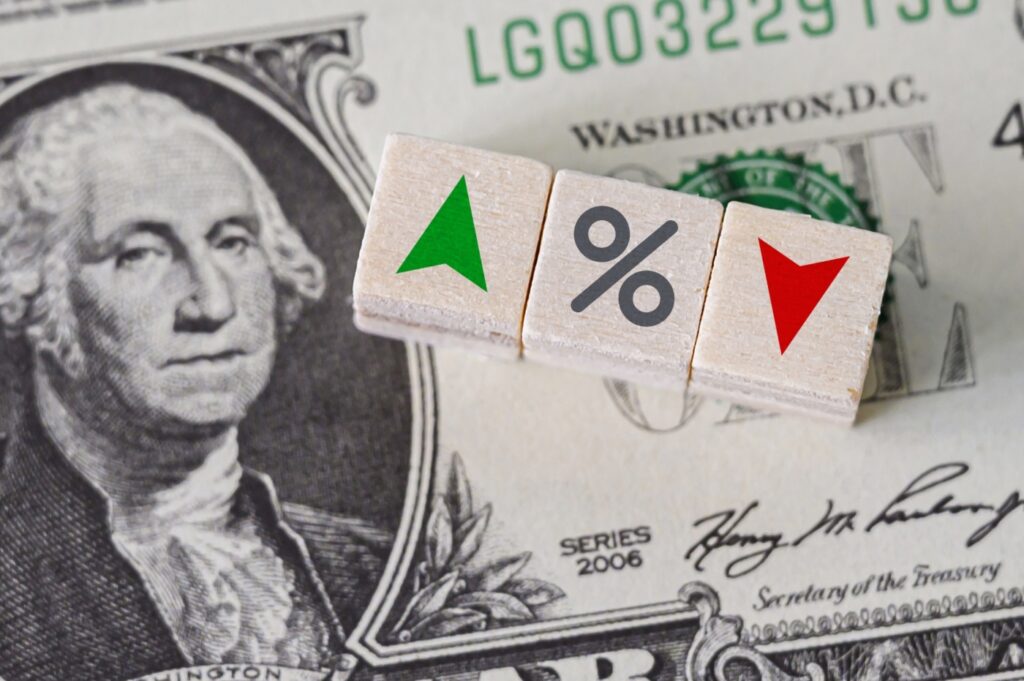
Mortgage rates in the U.S. continued their steep ascent, reaching a level not seen since December 2018 — pushing up what a borrower might pay by 21% so far this year.
The average for a 30-year loan was 4.67%, up from 4.42% last week, Freddie Mac said in a statement Thursday.
Q. Rates are up how much?
A. Rates are in the largest three-month increase since 1987.
Freddie Mac’s 30-year average hasn’t reached 5% since February 2011. It hit a record low of 2.65% in January 2021, a slide that fueled fierce demand for purchases.
And the average rate on 15-year, fixed-rate mortgages, popular among those refinancing their homes, jumped to 3.83% from 3.63% last week.
So, a borrower getting a $600,000 mortgage would pay $3,102 at the current 30-year average. That’s up $536 from the start of the year when rates were at 3.11%. Or 21% more just for the loan.
Q. Weren’t we warned this might happen?
A. Yes. And no.
The Federal Reserve’s tough stance on inflation, and volatility in oil markets brought on by Russia’s war in Ukraine, are the main drivers of the swift rise in rates, said David Battany, executive vice president at Guild Mortgage. Given the ongoing pressures, the rapid pace of increases could continue for the next few weeks or months.
Against a backdrop of inflation at a four-decade high, the increases in home loan rates come a few weeks after the Fed raised by a quarter point its benchmark short-term interest rate — which it had kept near zero since the pandemic recession struck two years ago. To cool an overheated economy. the central bank has signaled up to seven additional rate hikes this year.
“We definitely expected rates to rise, just not this much, this fast,” Battany said. “We could literally be approaching 5% within a few weeks, we’re that close.”
By the way, mortgage rates this century have averaged 5% as the Consumer Price index rose 2.3% annually. Last CPI? Up 7.9%!
Q. What about house hunters?
A. It’s a particularly tough time for entry-level buyers, who had already been struggling to find homes they could afford across much of the country.
“Interest rates and home prices are appreciating faster than their income is appreciating,” Battany said. “So their ability to save up for the down payment, or just to be able to afford the monthly payment, becomes more of a challenge.”
By one measure, local and national prices are up 19% over the past year. Homes available for sale have been in short supply and higher prices and rising loan rates will make it even harder for would-be buyers as the spring homebuying season gets underway.
Danielle Hale, chief economist for Realtor.com, said some economic indicators show that it is difficult for firms to hire the workers they need.
“This could slow the pace at which mortgage rates reach that 5% milestone, granting a temporary reprieve to home shoppers hoping to find a home and lock in a rate before they trend higher,” Hale said.
Q. Why all the inflation worries?
A. Robust consumer demand has combined with shortages of many goods to fuel the sharpest price jumps in four decades.
And measures of inflation will likely worsen in the coming months because Russia’s invasion of Ukraine has disrupted global oil markets and accelerated prices for wheat, nickel and other key commodities.
An inflation gauge closely monitored by the Fed jumped 6.4% in February compared with a year earlier, with sharply higher prices for food, gasoline and other necessities squeezing Americans’ finances. That figure was the largest year-over-year rise in 40 years — since January 1982.
Squeezed by inflation, U.S. consumers increased their spending by just 0.2% in February, down from a much larger 2.7% gain in January.
Q. Could home prices fall because of this?
A. Researchers at the Federal Reserve Bank of Dallas see signs of a housing bubble brewing.
Home prices are rising faster than market forces would indicate they should and are becoming “unhinged from fundamentals,” according to a new Dallas Fed blog post.
“Our evidence points to abnormal US housing market behavior for the first time since the boom of the early 2000s,” the researchers wrote. “Reasons for concern are clear in certain economic indicators … which show signs that 2021 house prices appear increasingly out of step with fundamentals.”
Bloomberg, Associated Press, CNN and the Southern California News Group’s Jonathan Lansner contributed to this report.
